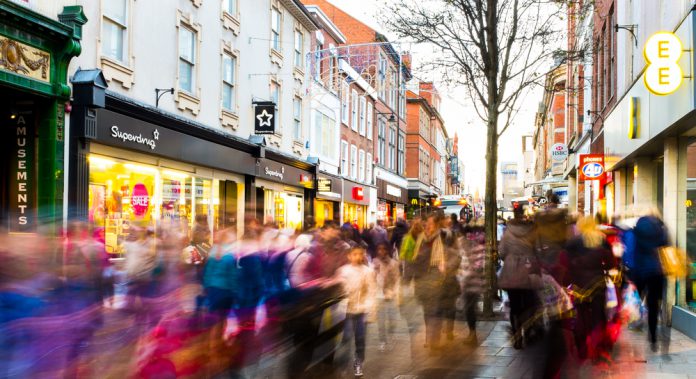The British Retail Consortium has said that consumers are spending more money on food and essential items, leaving less money for other goods.
According to the chief executive of the BRC, consumers’ salaries are being “swallowed” up by the higher food prices and although they want to spend on other goods, “they just don’t have the resources to do so”.
“The headwinds to retail spending continued to blow strong in February. Inflation is still eating into shoppers’ budgets, pushing them to spend a greater share of their income on essentials and leaving less left over to buy discretionary, predominantly non-food, retail items,” she said.
“At the same time, weak growth in household earnings is keeping overall sales low.”
The consumer spending squeeze has led to a struggling environment for many retailers. In the past month, Maplins and Toys R Us have both fallen into administration.
Toys R Us has launched its closing down sale, with discounts of up to 25 percent across its toy range.
“Customers are encouraged to take advantage of these special offers as soon as possible. While stock levels are generally high, customers may find that the more popular brands begin to sell out over the coming days,” said Simon Thomas, a joint administrator.
A new report has also shown that one in three of the UK’s restaurants is loss-making, forcing chains including Byron to close a number of stores.
Chris Williamson, the chief business economist at IHS Markit, has said that consumers are facing pressure after the inflationary squeeze on incomes.To add to the pressure, the Bank of England is still likely to raise interest rates in May.
“The BoE seems keen to normalise interest rates even if output growth is below levels it would normally like to see when tightening policy. With policymakers sounding hawkish even following the January fall in the PMI to a one-and-a-half-year low, the February upturn surely leaves a May rate hike very much in play,” he said.

